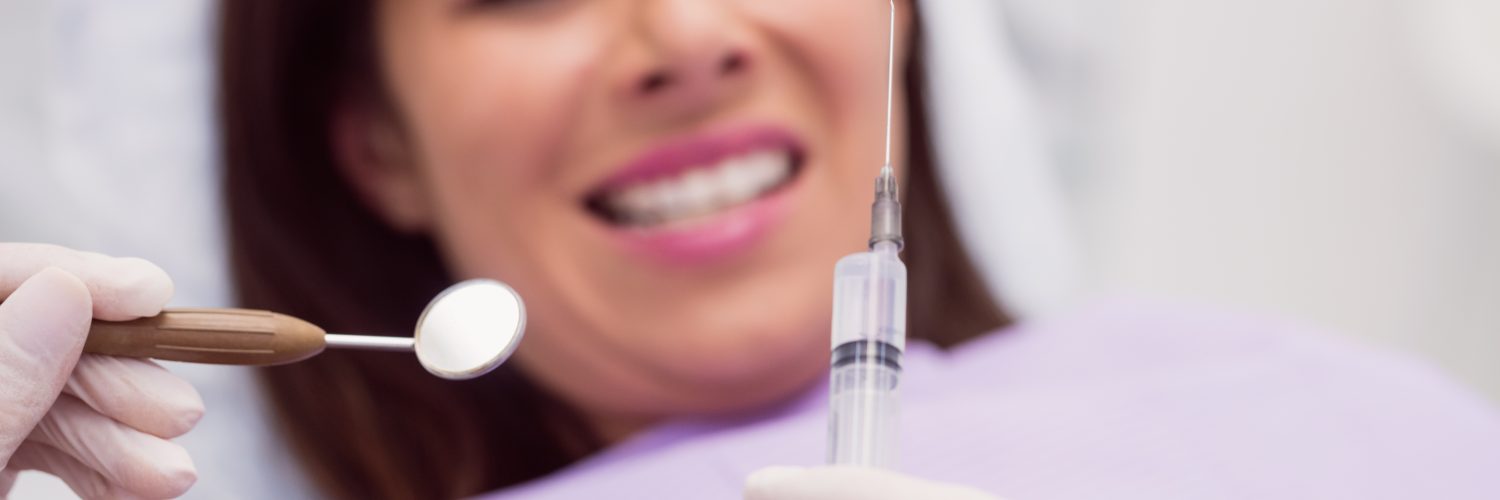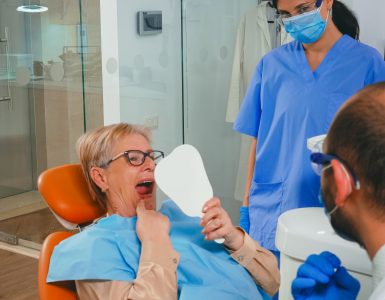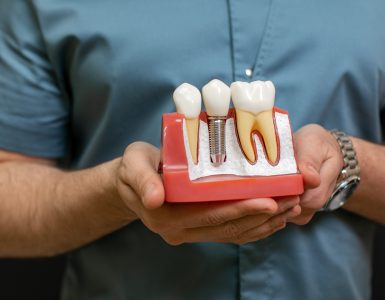Dental anxiety is a term used to describe feelings of fear, anxiety and stress you experience when visiting the dentist which may lead you to delay getting dental treatment. For some, however, that fear can be extreme and overwhelming leading you to total avoidance. This dental phobia is considered an anxiety disorder and may result in panic attacks, nightmares and even physical illness at the thought of visiting the dentist.
By attending regular check-ups with your dentist, any oral health issues can be caught early and treatment is much simpler and less invasive. Leaving these issues unattended to can cause them to deteriorate, become more complicated to remedy and can even lead to other health problems.
What causes dental phobia and anxiety?
There can be many reasons why you may experience anxiety and fear at attending the dentist.
- Past experiences. You may have had a traumatic experience in the past relating to dental treatment or in another healthcare situation, possibly even as far back as childhood.
- Fear of pain. This is a common fear that may stem from a previous painful experience or from hearing the “horror” stories of others. These days, with advances in modern dentistry, the use of quick acting anaesthetic injections means that dental procedures are now virtually pain free.
- Fear of injections and needles. Being terrified of needles is common, especially when they go in your mouth, whether it’s just the thought of it, or the feeling of it being inserted. For some there is a fear that the anaesthetic won’t work quick enough, or at all.
- Fear of anaesthetic side effects. There are several potential side effects of anaesthesia including dizziness, feeling faint and nausea. The most common is numbness in the mouth and lips which can be uncomfortable, but will not last for too long.
- Embarrassment. You may have left your visit to the dentist for too long and feel embarrassed about the condition of your teeth or your breath, especially with the dentist so close. You may be worried that the news will be bad and that your dentist may judge you.
- Loss of control. There is a measure of trust needed and you may feel vulnerable sitting in the dentist’s chair unsure of what is happening in your mouth. This can be an issue for those who have experienced past trauma in the head and neck or been subjected to abuse.
What are the symptoms of dental phobia and anxiety?
Some of the signs of dental anxiety are:
- Sweating or sweaty palms
- Racing heartbeat or palpitations
- Dry mouth
- Fast and shallow breaths
- Low blood pressure and possible fainting
- Distress, crying or panic attacks
- Nausea or physical illness
- Trouble sleeping or nightmares before an appointment
- Withdrawal or using humour or aggression to mask anxiety.
If you are experiencing dental anxiety, talk to your dentist. He will be able to advise you on ways you can manage it.




